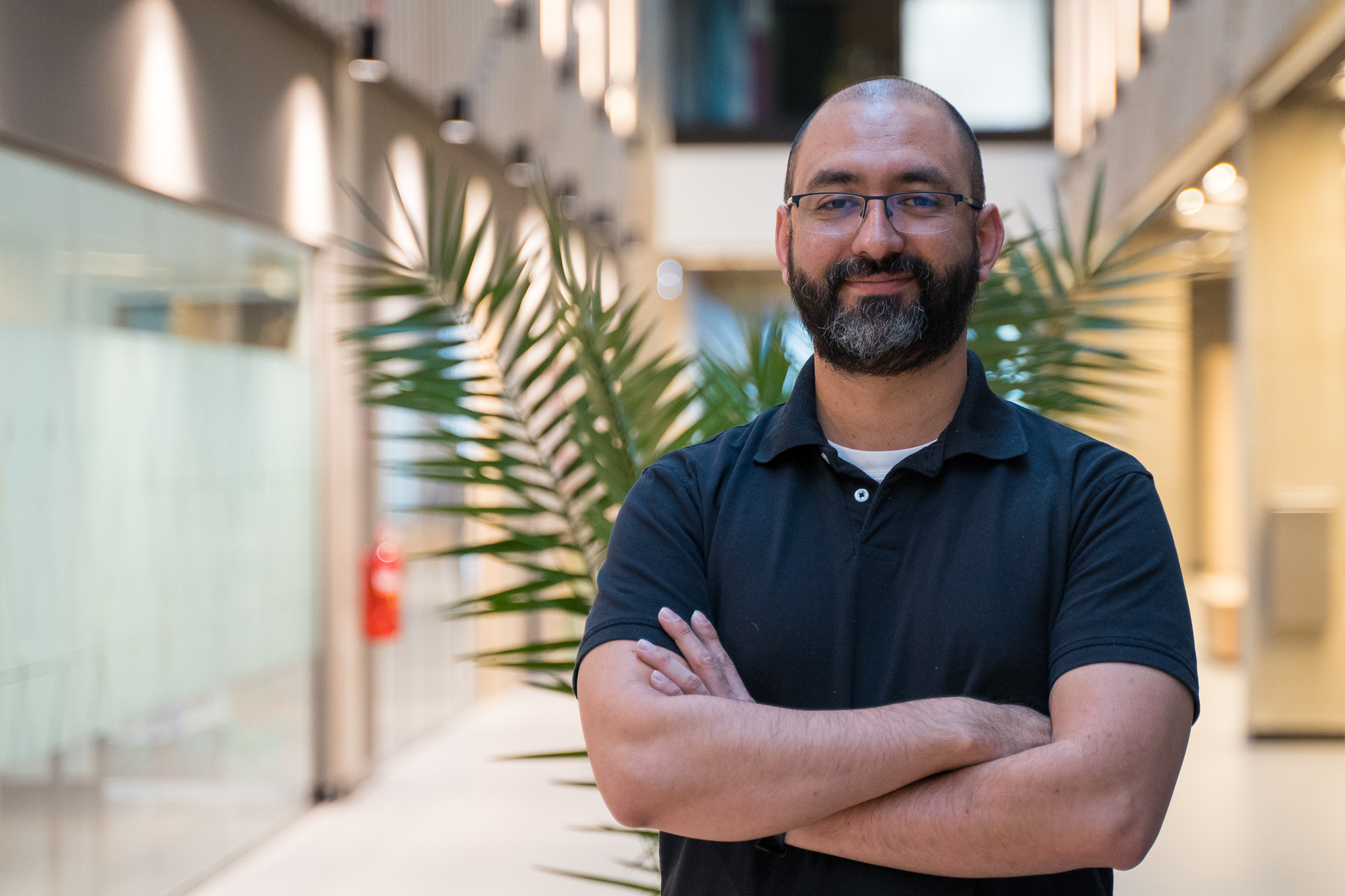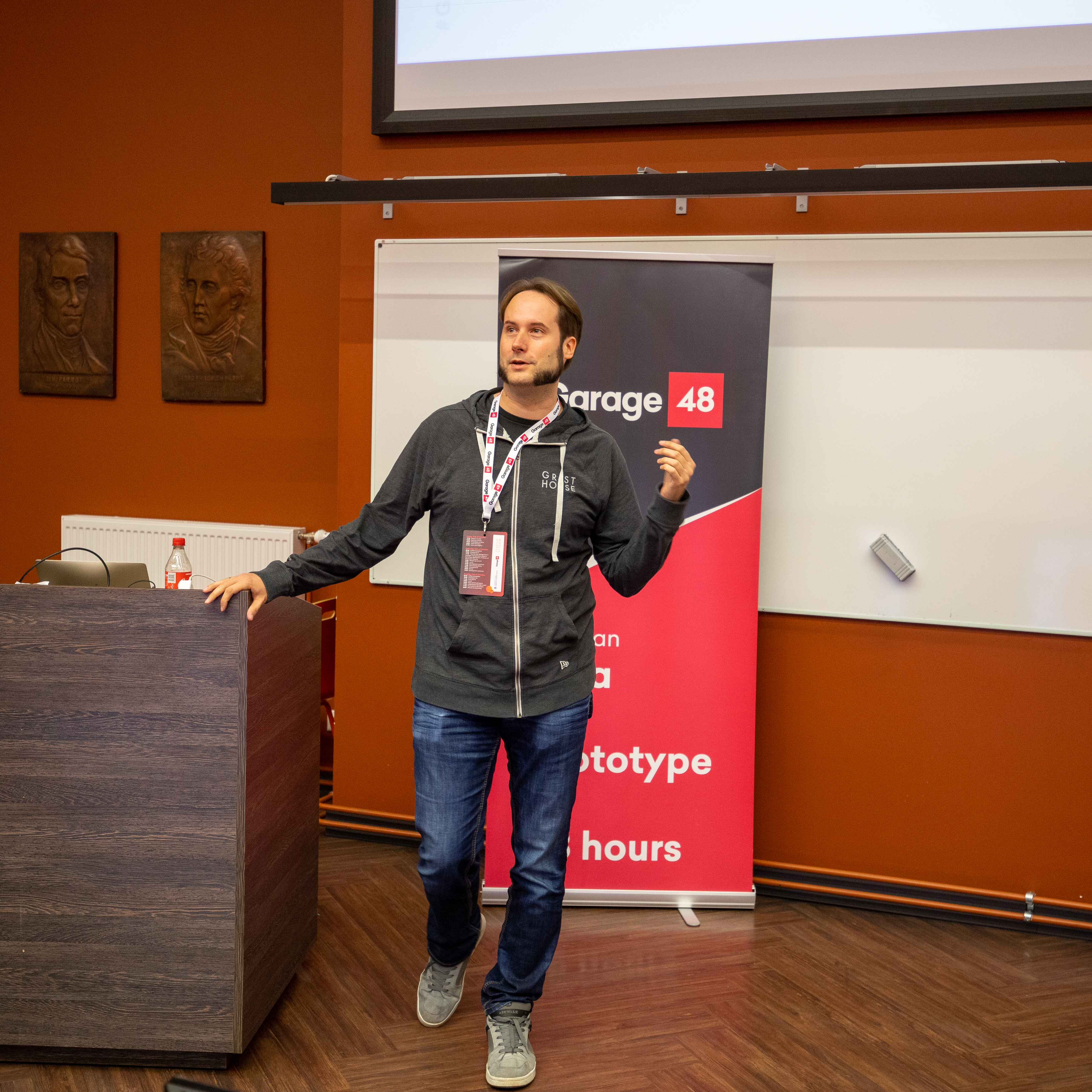To explain the importance of recognising and mitigating the impact of phishing attacks, our institute organised a CyberPhish seminar on 13 October, which was attended by more than 35 participants, including educators and students, stakeholders of private and public sectors, and representatives from businesses, police and government.
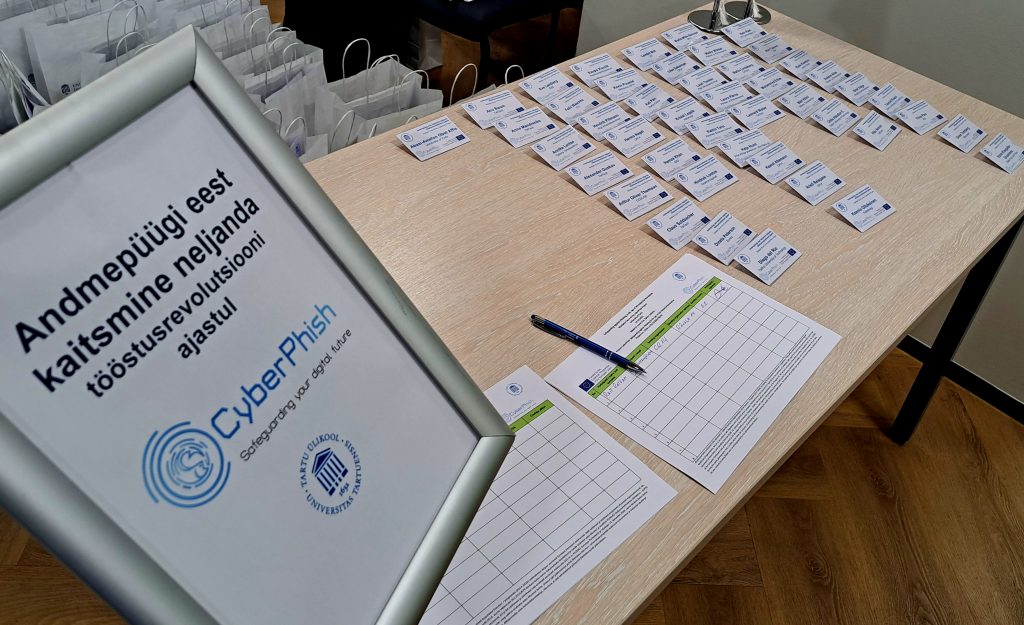
The aim of the CyberPhish “Safeguarding against Phishing in the age of 4th Industrial Revolution” is to raise the competencies of students of higher education institutions, educators, education centres, the business sector (employers and employees), and encourage their critical thinking of the in the field of cyber security. The project results in the training, gamification, knowledge assessment material, and online training platform. Results also include the methodological and implementation guidelines of the CyberPhish course.
On 13 October, we had five presentations to present the project outcomes. The day started with an overview of CyberPhish goals and achievements. Prof. Raimundas Matulevičius introduced the objectives and deliverables of the CyberPhish project. He discussed the skill gaps to recognise phishing attacks and the existing cybersecurity training programs and overviewed the cybersecurity programs taught in Estonian universities. In the following presentations, Olga Mitt presented various phishing cases and discussed what phishing attacks are, how to recognise and handle them and how to minimise their damage. After the break, participants were introduced to the learning environment, phishing attack simulations, and knowledge evaluation means. Prof. Matulevičius presented the guidelines for the usage of the learning environment. He explained how organisations could use the learning platform to implement the training courses on their premises.
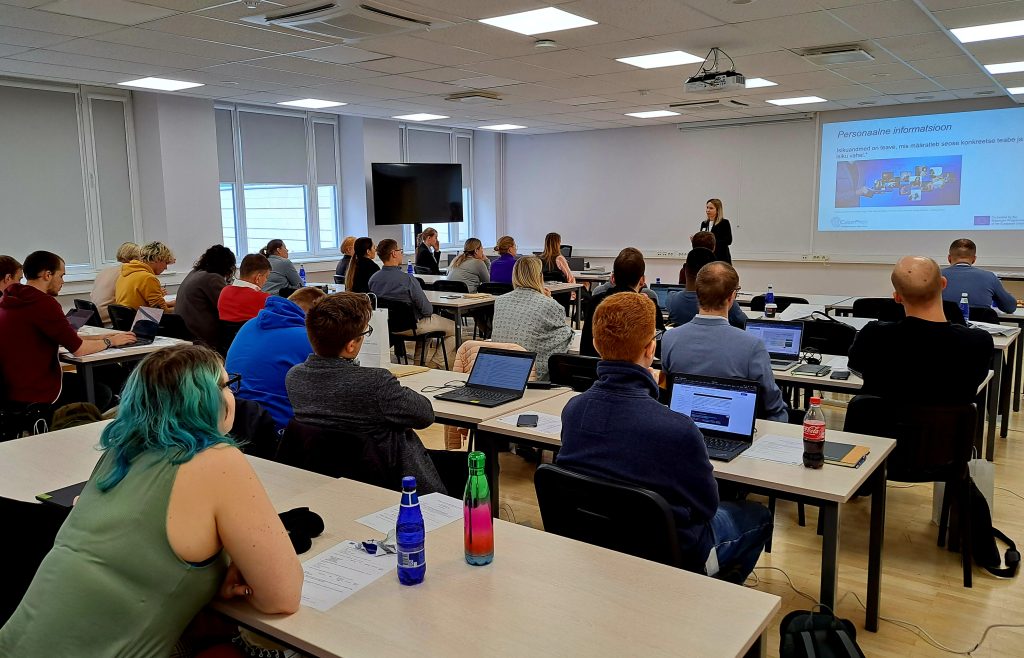
The CyberPhish project has six partners from five European Union Countries. The University of Tartu led the development of the online learning material and contributed to other projects’ outputs.
The participants positively assessed the CyberPhish seminar. They agreed that the discussed topics were relevant and up to date, provided interesting and valuable information in the studies or work and that the event met the participants’ expectations. “Although the theoretical part was known before the seminar, simulations and learning platform are interesting”, commented one seminar participant. “I am impressed by the CyberPhish learning platform”, agreed another participant.
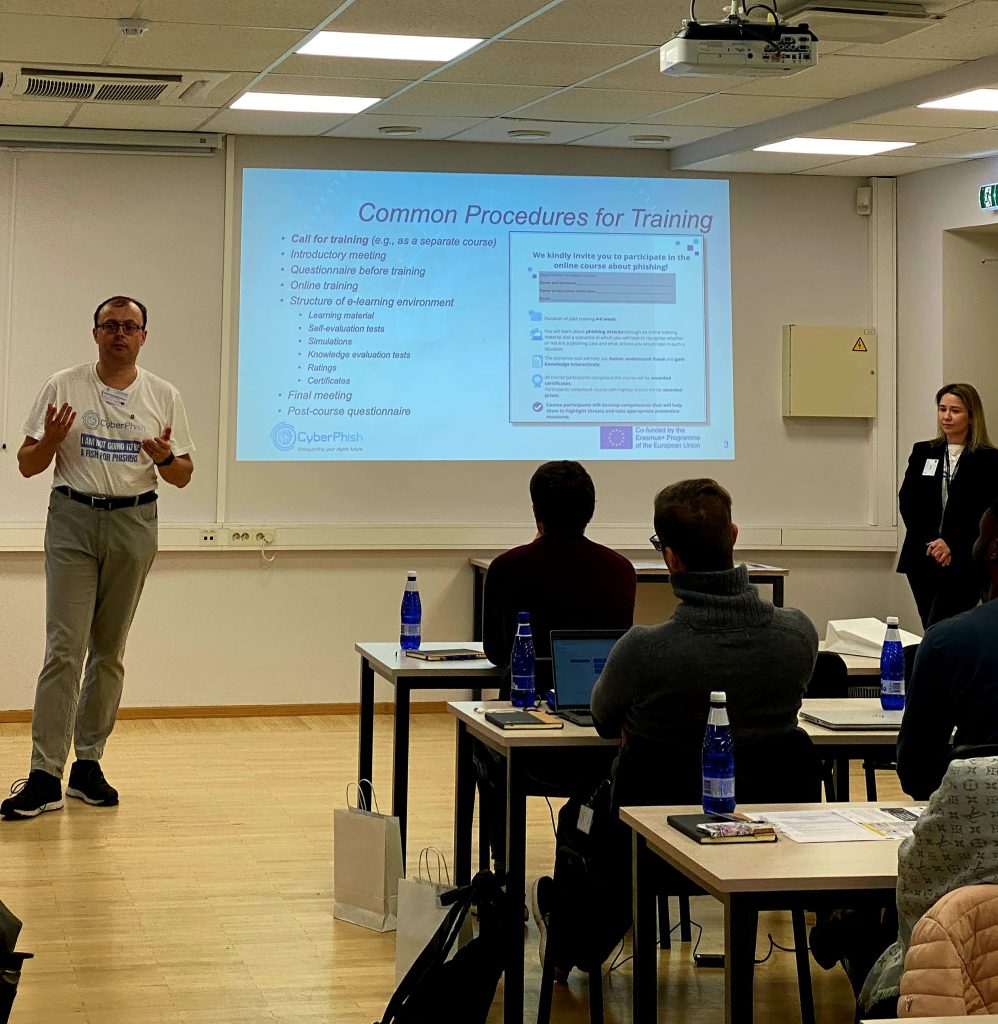
All the materials are available online for free to use using the following links:
- CyberPhish project website: https://cyberphish.eu/
- CyberPhish learning platform: https://cyberphish.eu/learn/
- Social media: https://www.facebook.com/eucyberphish
- Information about the project at InfoSec page: https://infosec.cs.ut.ee/Main/Cyberphish
This project has been funded with support from the European Commission. This publication [communication] reflects the views only of the author, and the Commission cannot be held responsible for any use which may be made of the information contained therein.

